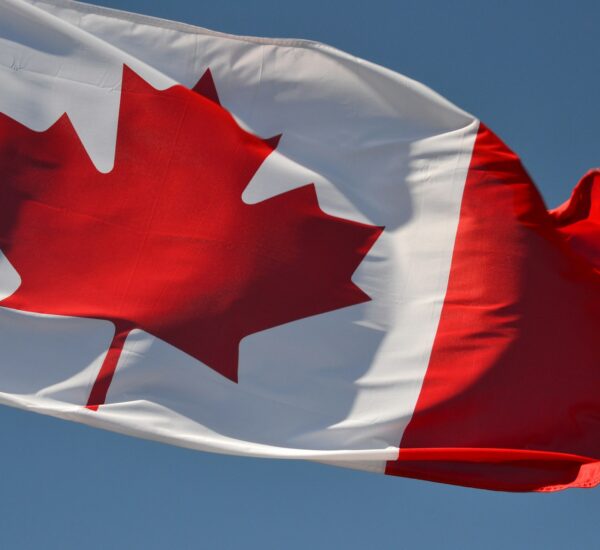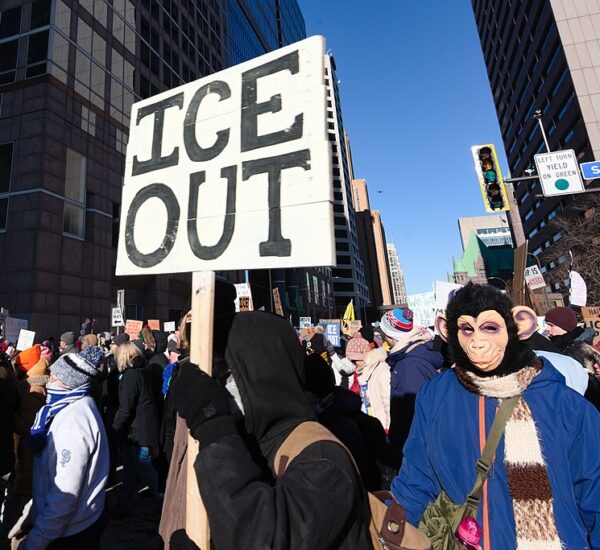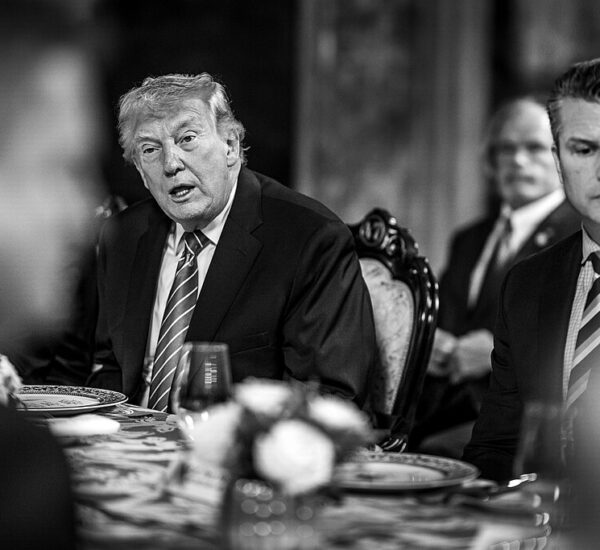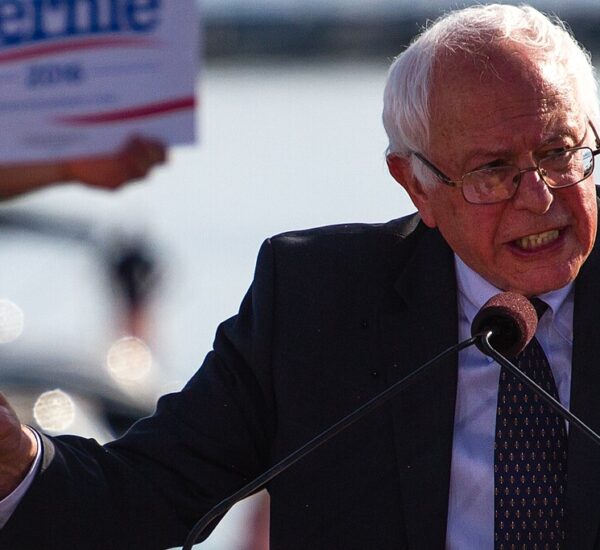Trump’s Affect On Global Health
The Trump administration’s decision to significantly reduce U.S. foreign aid funding through USAID is stirring concerns about its impact on global health initiatives. By terminating numerous grants for essential programs targeting diseases like HIV, tuberculosis, malaria, polio, and Ebola, this move could set back decades of progress in global health and humanitarian assistance. These cuts also affect vital nutrition programs for infants in developing nations, leaving countless children vulnerable to malnutrition.
USAID had been funding nearly 5,800 projects, and the termination of these grants has led to a halt in many critical health services. Global health organizations are deeply concerned that this decision, made without transparency or consultation, will cost millions of lives worldwide. Some health leaders argue that this could reverse the significant strides made over the years, especially in countries that rely on U.S. aid for health infrastructure and disease prevention.
After taking office, the Trump administration froze foreign aid for a 90-day review, which led to severe delays in delivering food and medical supplies to impoverished regions. Many humanitarian workers lost their jobs, and ongoing health projects were abruptly stopped. The State Department did issue waivers for certain life-saving programs, such as PEPFAR, but they were applied inconsistently, and many organizations still faced delays in payments.
One key criticism of this decision is its chaotic execution. International organizations working on the frontlines of health crises, like the Elizabeth Glaser Pediatric AIDS Foundation, saw projects that were supposed to continue under the waiver terminated, affecting hundreds of thousands of people in Africa. Similarly, organizations like the International Rescue Committee were forced to shut down nutrition centers for malnourished children, further exacerbating health challenges in the region.
Experts argue that these cuts will not only cause immediate harm but will also have long-term repercussions. By cutting funding for programs like mosquito net distribution, the administration is leaving vulnerable populations at risk of preventable diseases, which could lead to higher rates of death and illness. These decisions also undermine the U.S.’s role as a leader in global health, damaging its reputation abroad.
While some in the administration justify these cuts as a necessary reallocation of resources in line with national interests, many believe that this is a shortsighted approach. The U.S. has been a leader in global health for decades, and the long-term costs of abandoning these efforts could far outweigh any short-term savings. If these critical programs are not reinstated, the consequences could be devastating for public health worldwide.







There is an old saying; “It takes one to know one” that fits this comment by Pelosi perfectly.